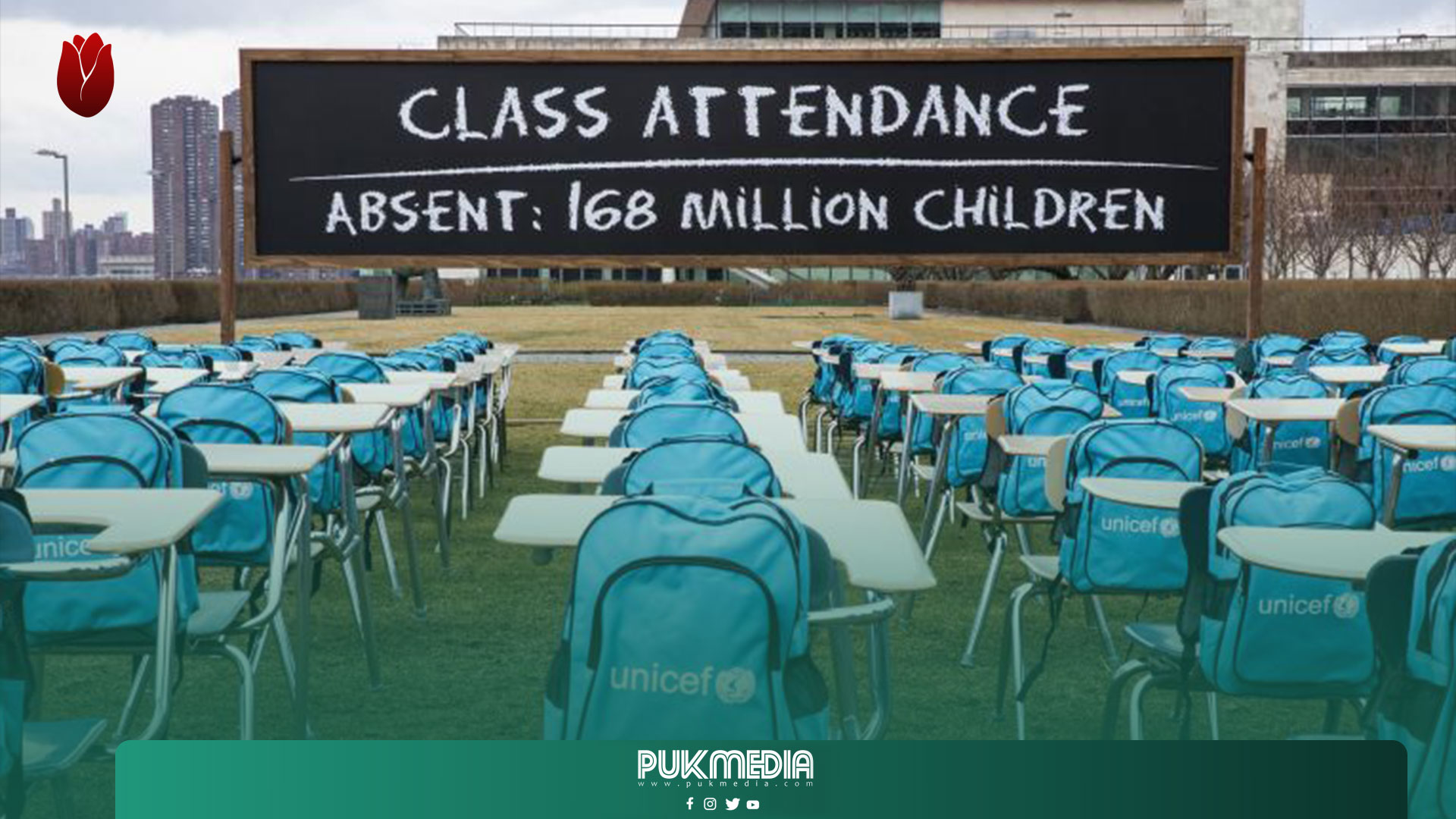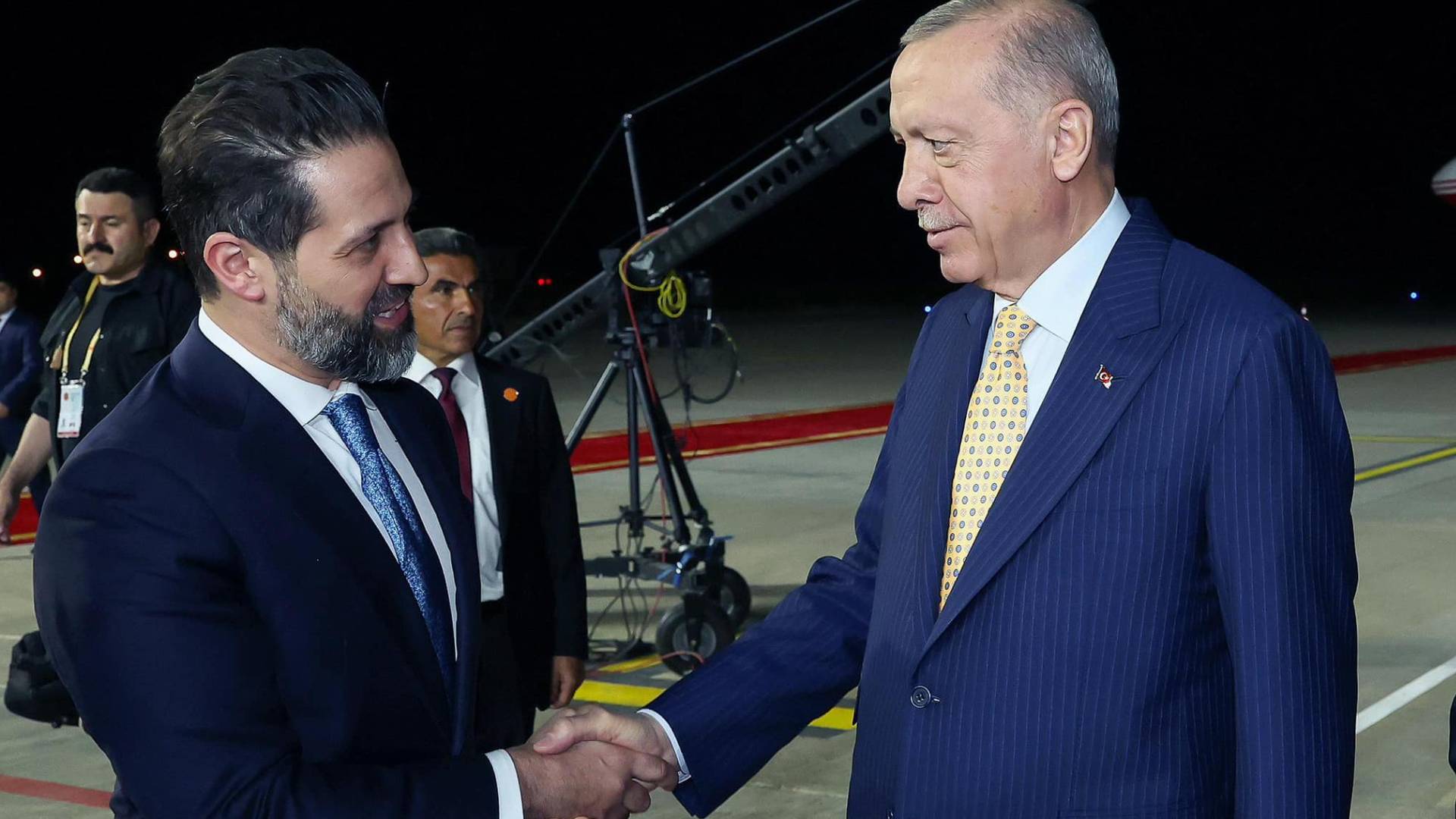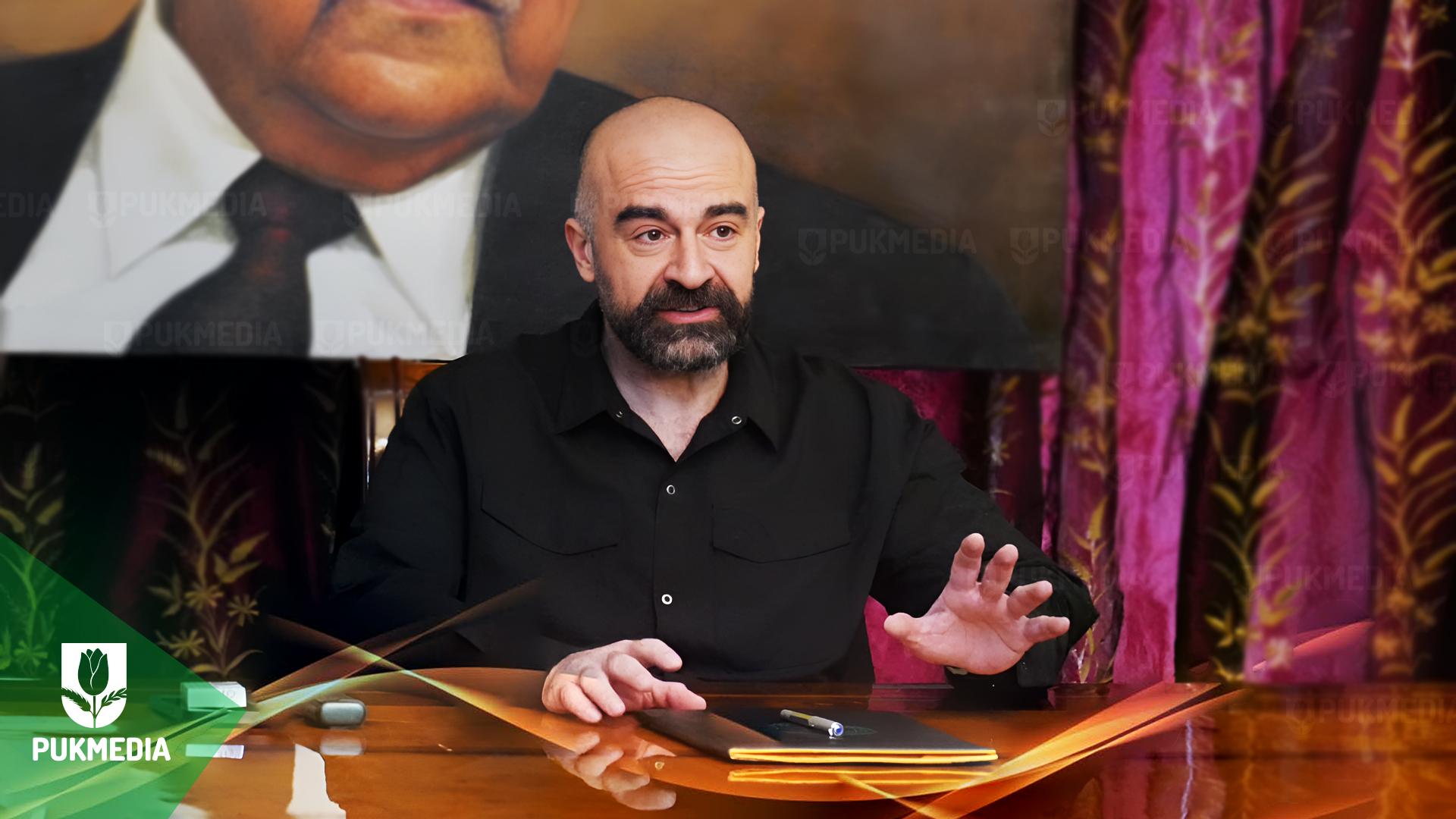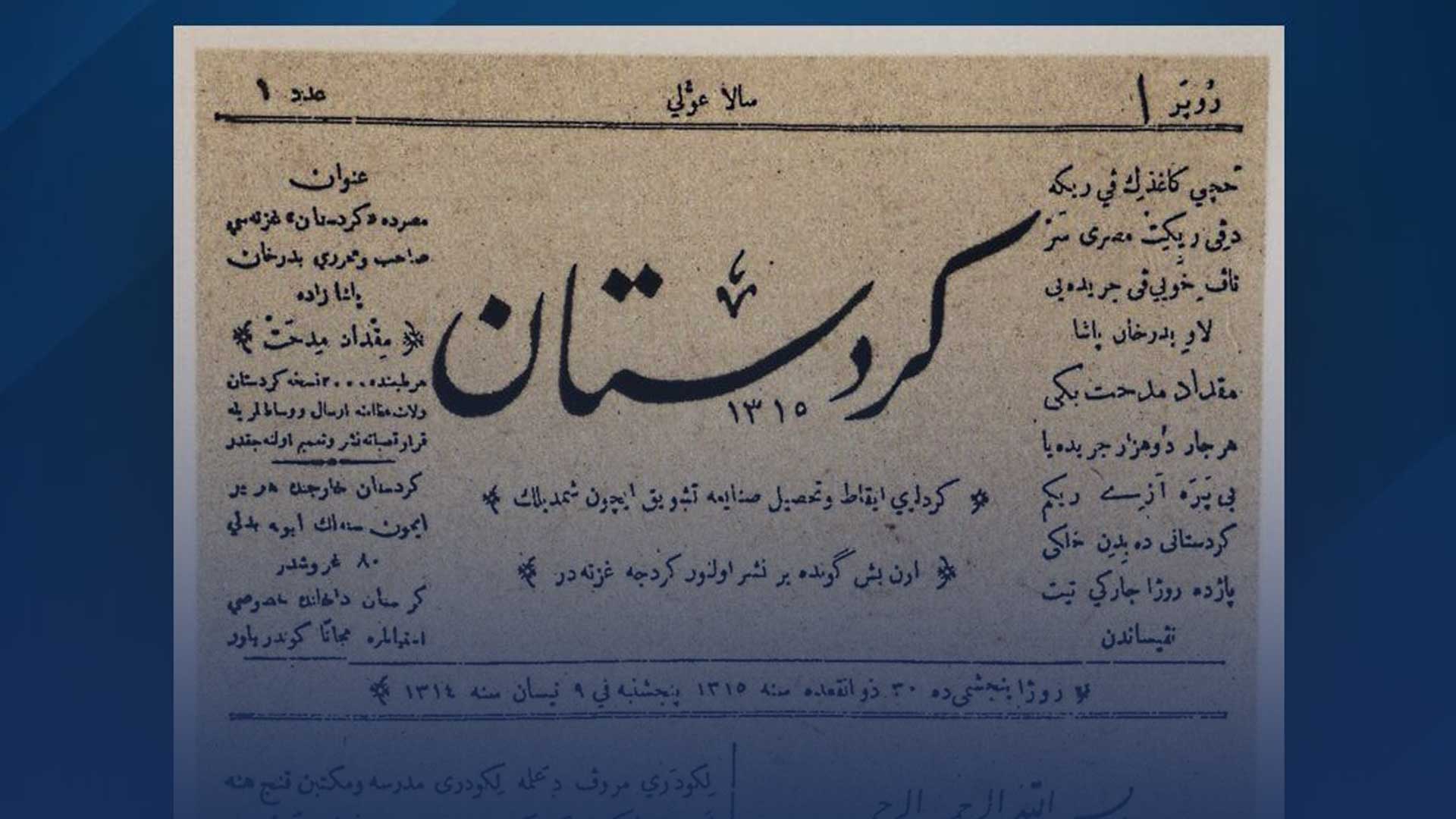UNICEF calls on world governments to bring students back to schools
Reports 11:39 AM - 2021-03-03
.
The United Nations International Children's Emergency Fund (UNICEF) launched a campaign to bring students back to school, warning that education suffers from a global crisis due to the covid pandemic.
To call attention to the education emergency and raise awareness about the need for governments to keep schools open, or prioritize them in reopening plans, UNICEF today unveiled ‘Pandemic Classroom,’ a model classroom made up of 168 empty desks, each desk representing the million children living in countries where schools have been almost entirely closed – a solemn reminder of the classrooms in every corner of the world that remain empty.
According to a statement by the UNICEF, schools for more than 168 million children globally have been completely closed for almost an entire year due to COVID-19 lockdowns, according to new data released today by UNICEF.
Furthermore, around 214 million children globally – or 1 in 7 – have missed more than three-quarters of their in-person learning.
The UNICEF also indicated that the analysis on school closures report notes that 14 countries worldwide have remained largely closed since March 2020 to February 2021. Two-thirds of those countries are in Latin America and the Caribbean, affecting nearly 98 million schoolchildren. Of the 14 countries, Panama has kept schools closed for the most days, followed by El Salvador, Bangladesh, and Bolivia.
“As we approach the one-year mark of the COVID-19 pandemic, we are again reminded of the catastrophic education emergency worldwide lockdowns have created. With every day that goes by, children unable to access in-person schooling fall further and further behind, with the most marginalized paying the heaviest price,” said Henrietta Fore UNICEF Executive Director. “We cannot afford to move into year two of limited or even no in-school learning for these children. No effort should be spared to keep schools open, or prioritize them in reopening plans.”
The UNISEF warned that school closures have devastating consequences for children’s learning and wellbeing. The most vulnerable children and those unable to access remote learning are at an increased risk of never returning to the classroom, and even being forced into child marriage or child labor. According to latest data by UNESCO, more than 888 million children worldwide continue to face disruptions to their education due to full and partial school closures.
The majority of schoolchildren worldwide rely on their schools as a place where they can interact with their peers, seek support, access health and immunization services and a nutritious meal. The longer schools remain closed, the longer children are cut off from these critical elements of childhood.
“This classroom represents the millions of centers of learning that have sat empty—many for almost the entire year. Behind each empty chair hangs an empty backpack—a placeholder for a child’s deferred potential,” said Fore. “We do not want shuttered doors and closed buildings to obscure the fact that our children’s futures are being put on indefinite pause. This installation is a message to governments: we must prioritize reopening schools, and we must prioritize reopening them better than they were before.”
In its statement the UNISEF called on governments to reopen schools and support children to readjust in their learning: As students return to their classrooms, they will need support to readjust and catch up on their learning. School reopening plans must incorporate efforts to recover children’s lost education. UNICEF urges governments to prioritize the unique needs of every student, with comprehensive services covering remedial learning, health and nutrition, and mental health and protection measures in schools to nurture children and adolescents’ development and wellbeing. UNICEF’s Framework for Reopening Schools, issued jointly with UNESCO, UNHCR, WFP and the World Bank, offers practical advice for national and local authorities.
In the Kurdistan Region, Schools have reopened on February 6, 2021 after nearly a year of suspension due to the COVID-19 pandemic.
Last years, the Kurdistan Region has gone into lockdown and strict preventive measures after the first case of COVID-19 virus was recorded on March 1 to curb the spread of the virus.
So far, the Kurdistan Region has recorded over 109,000 Covid cases with more than 103,700 recoveries and over 3,500 deaths.
PUKmedia
More news
-
German Forces Commander Ended his Mission at Mam Jalal's Grave
12:28 PM - 2024-04-23 -
Golden Bla Awards Ceremony Takes Place in Sulaymaniyah
11:32 AM - 2024-04-23 -
PUK Official: PUK is Committed to Holding Elections on Time
11:04 AM - 2024-04-23 -
Turkish President Meets Kurdish Officials in Erbil
10:42 AM - 2024-04-23



.jpg)


 Application
Application


